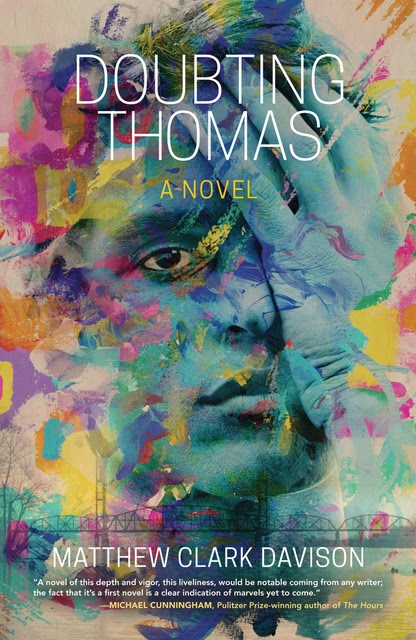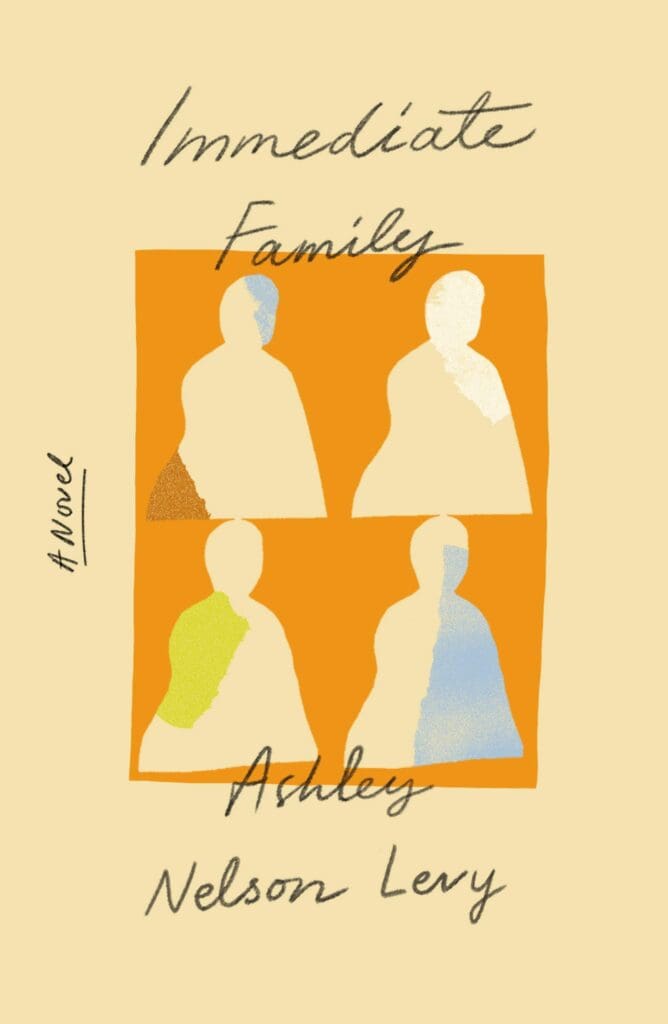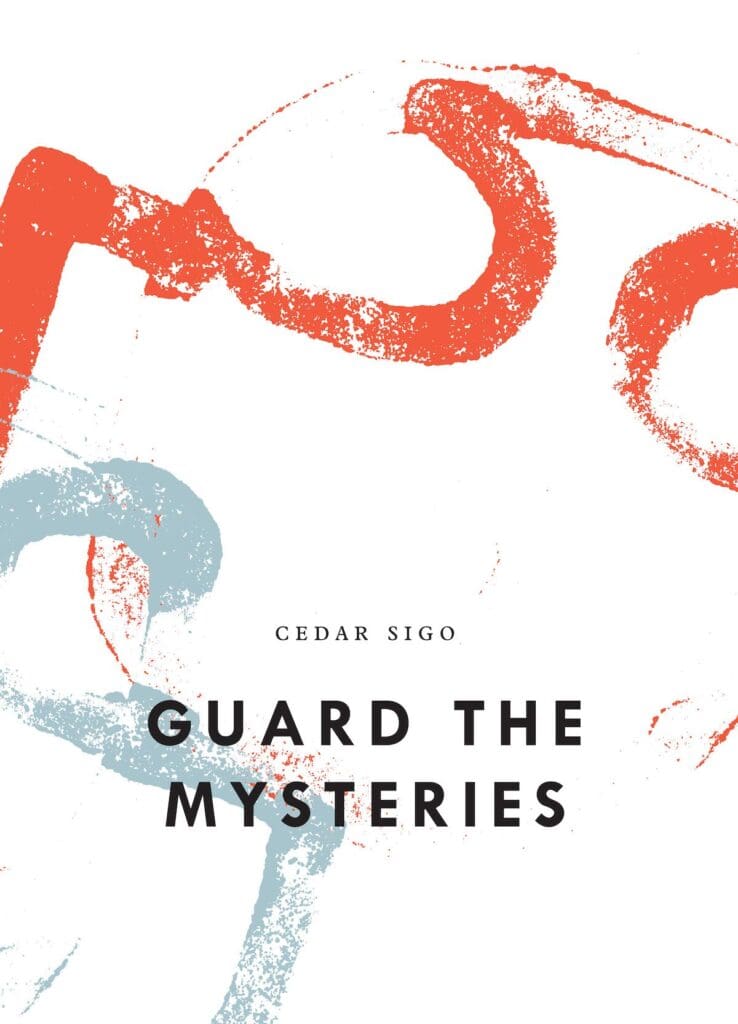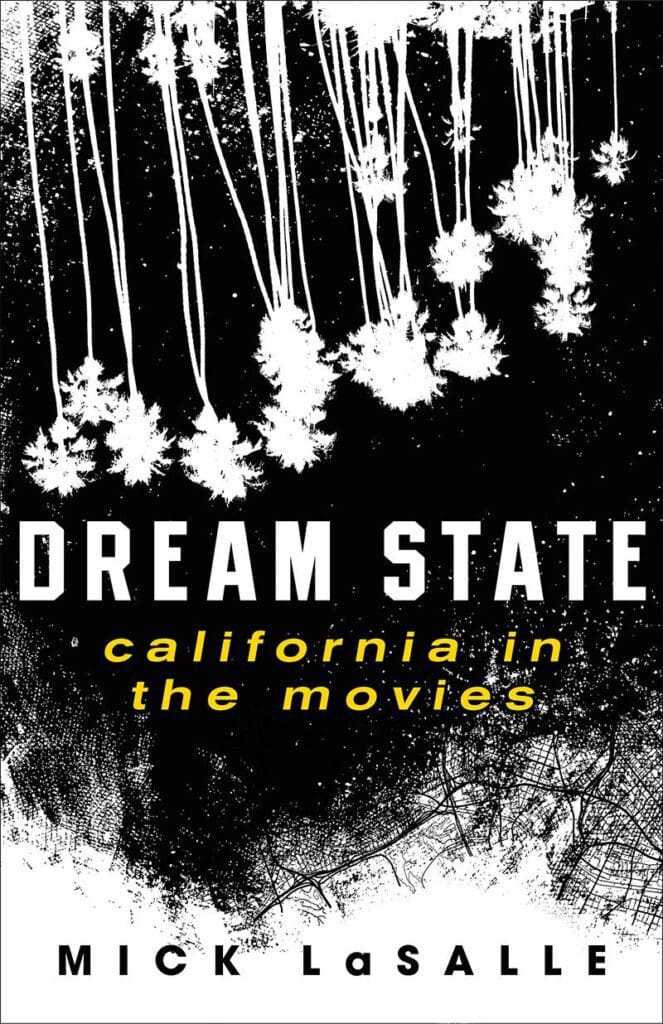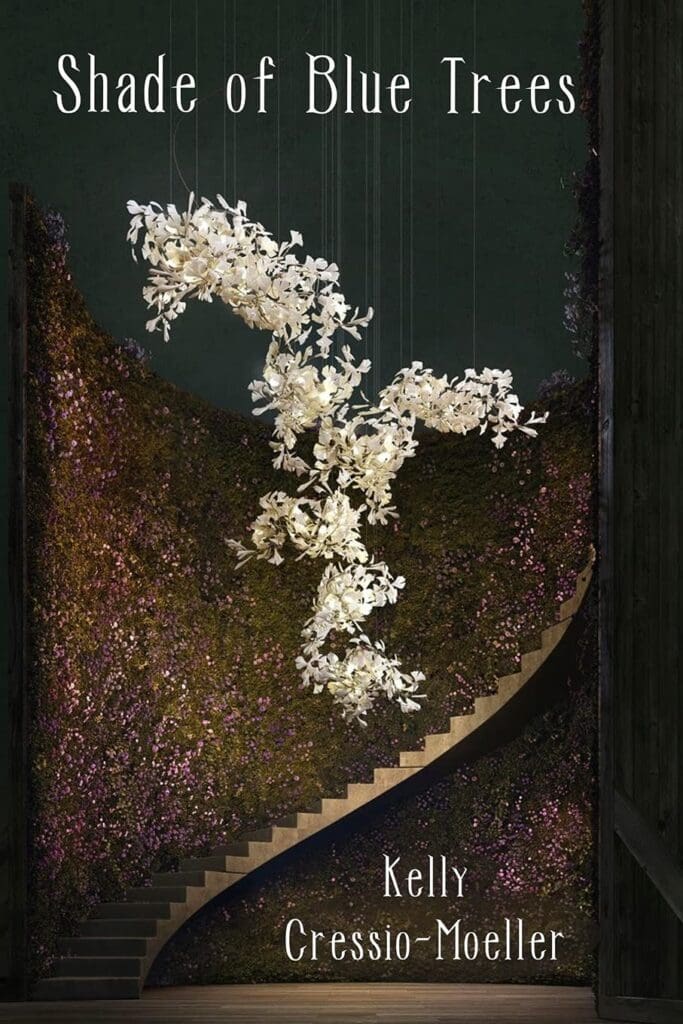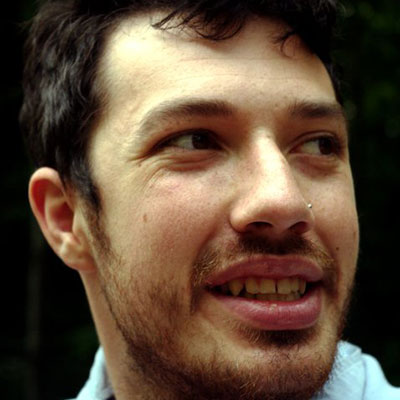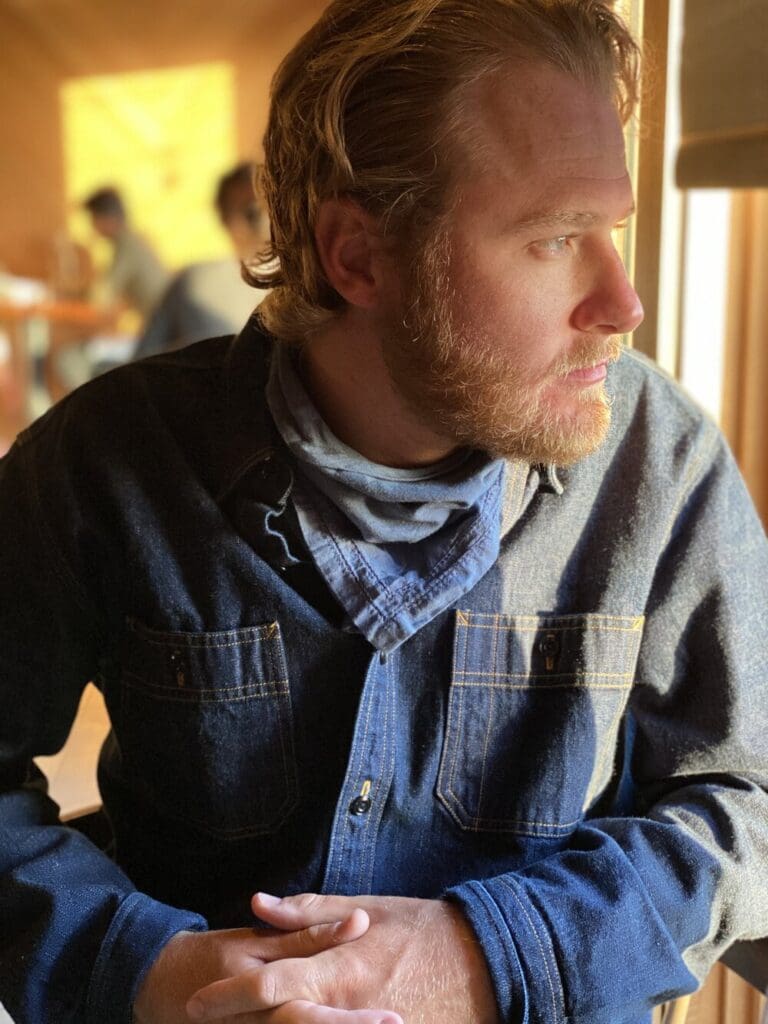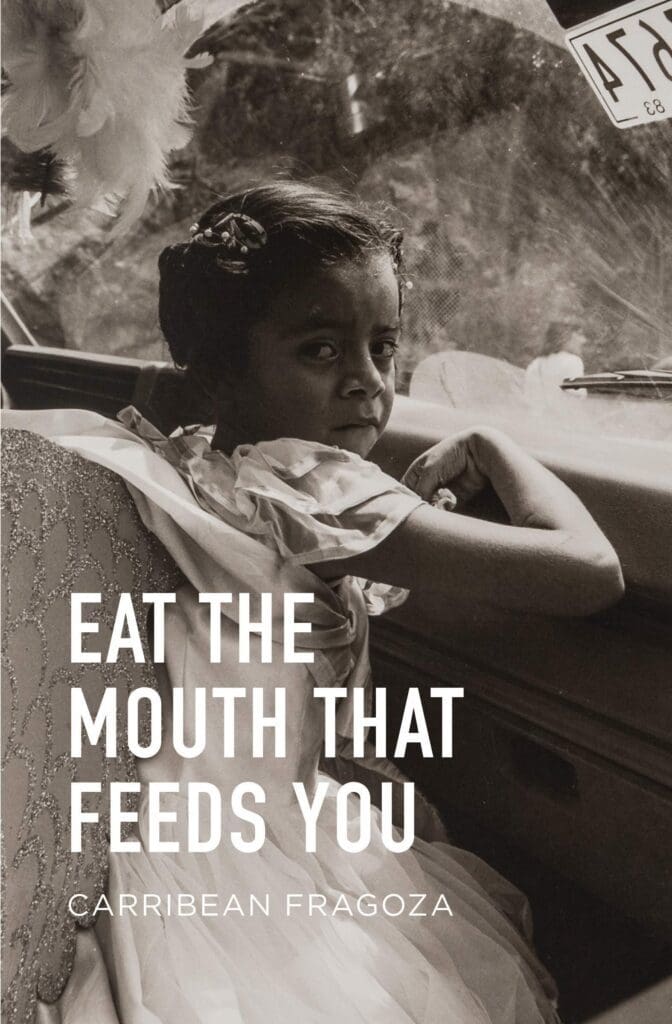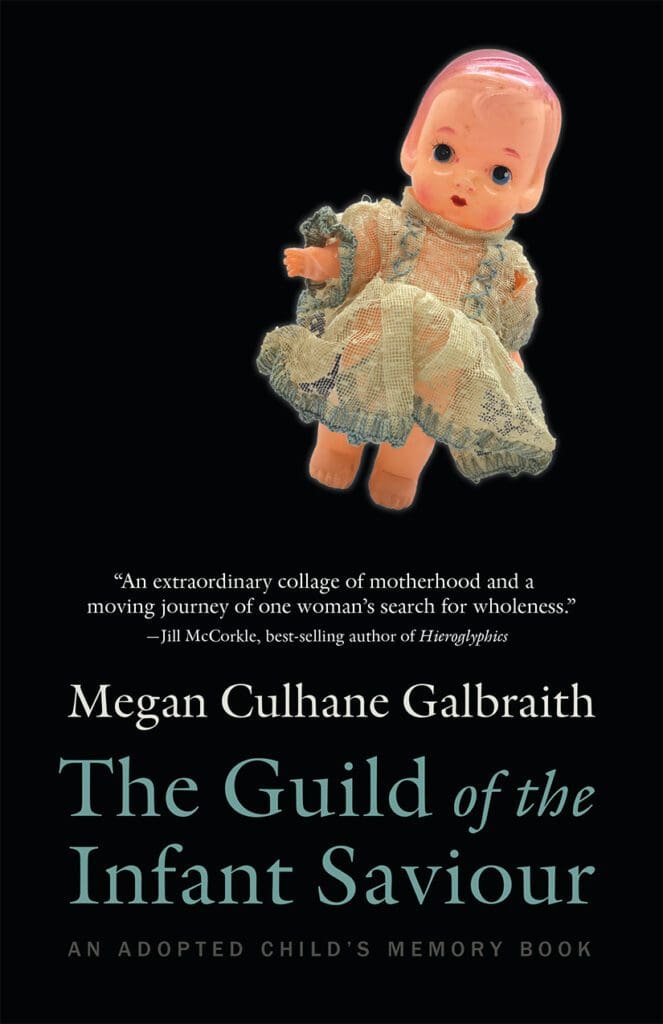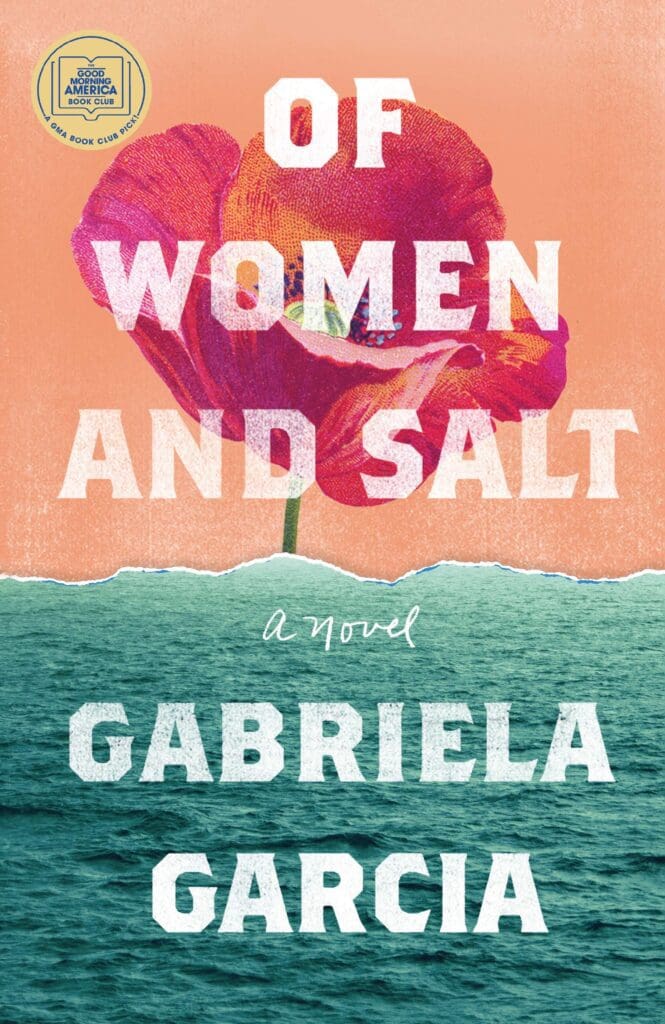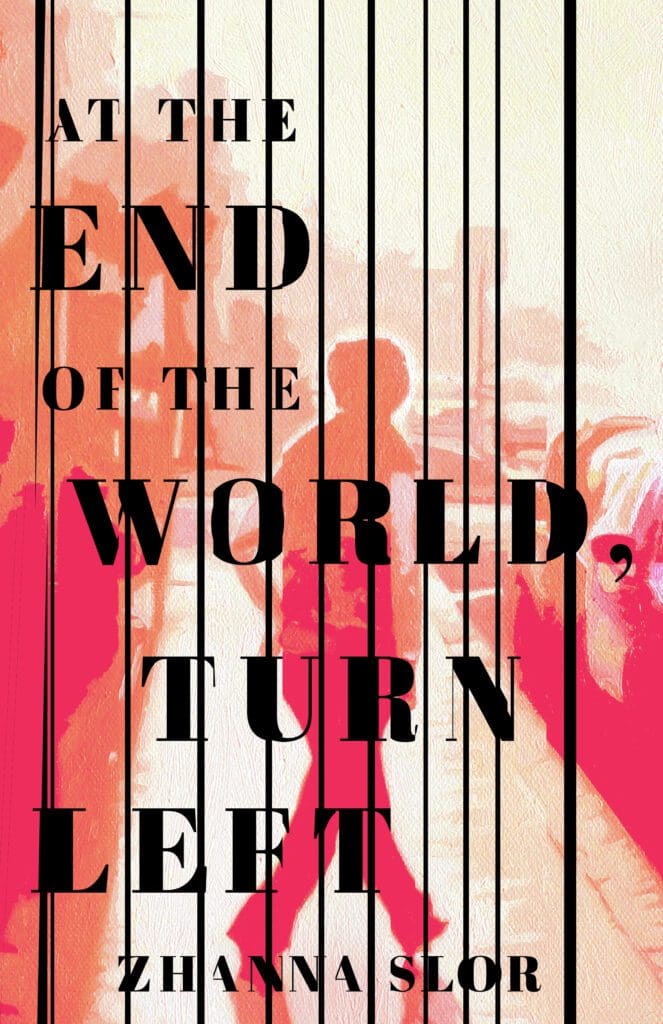Matthew Clark Davison’s first novel, Doubting Thomas (272 pages; Amble Press) tells the story of a fourth-grade teacher, gay and out, named Thomas McGurrin, who—while navigating the familial turmoil of his brother’s recent cancer diagnosis—is falsely accused of inappropriately touching one of his students at a private school in Portland. The community, however unintentionally, goes from promoting Thomas as a symbol of their own progress to casting him as a pariah. Thomas, even after being found innocent, is forced to leave his job. Davison’s writing has been published widely, including in Guernica, The Atlantic Monthly, Foglifter, Fourteen Hills, and other […]
Q&A with Matthew Clark Davison: ‘Doubting Thomas’ and Our Need for a Pariah
by Adam Winograd
